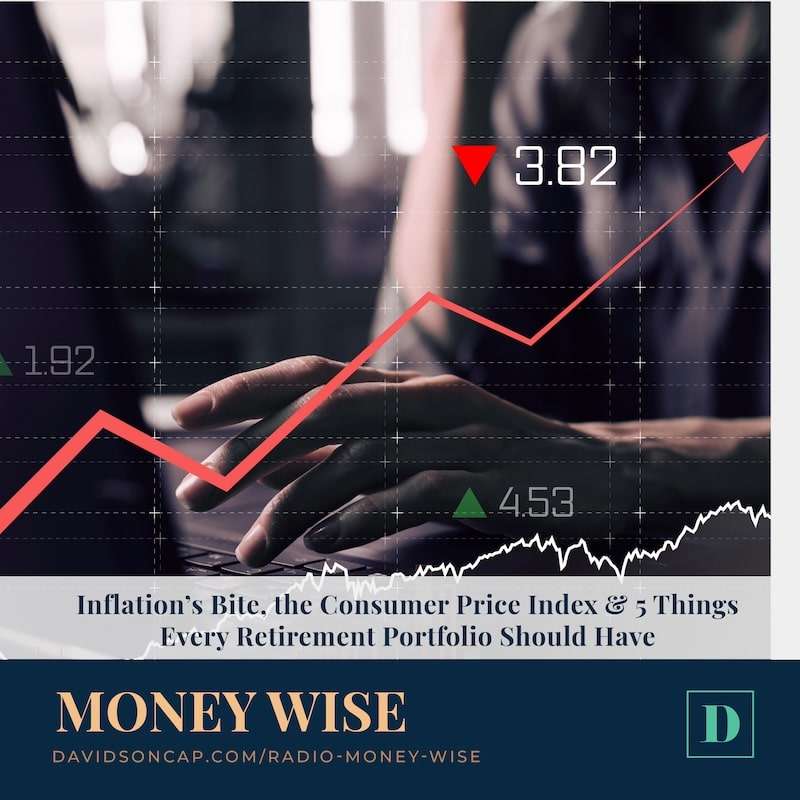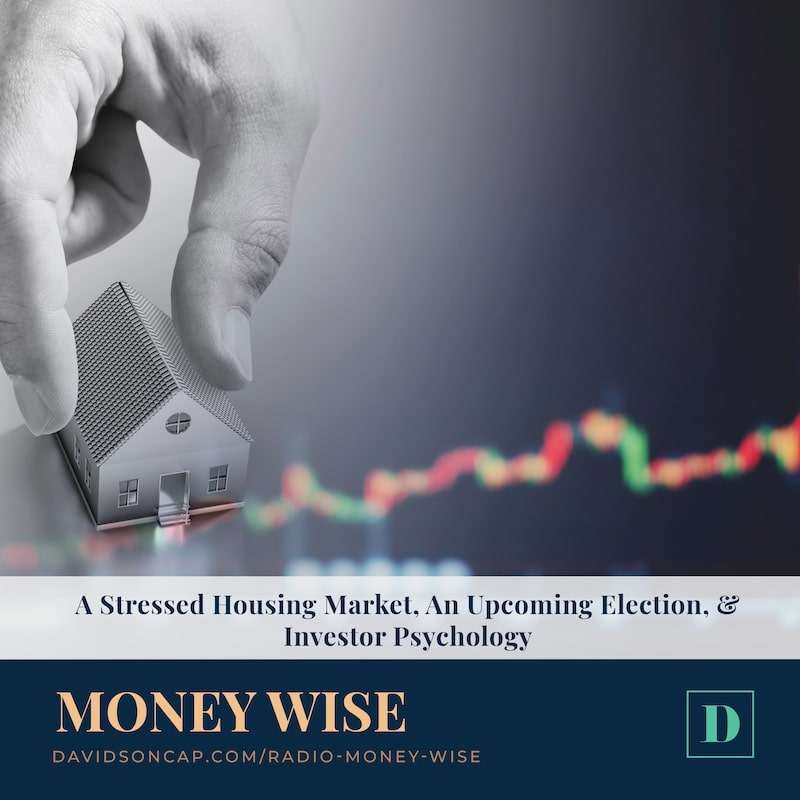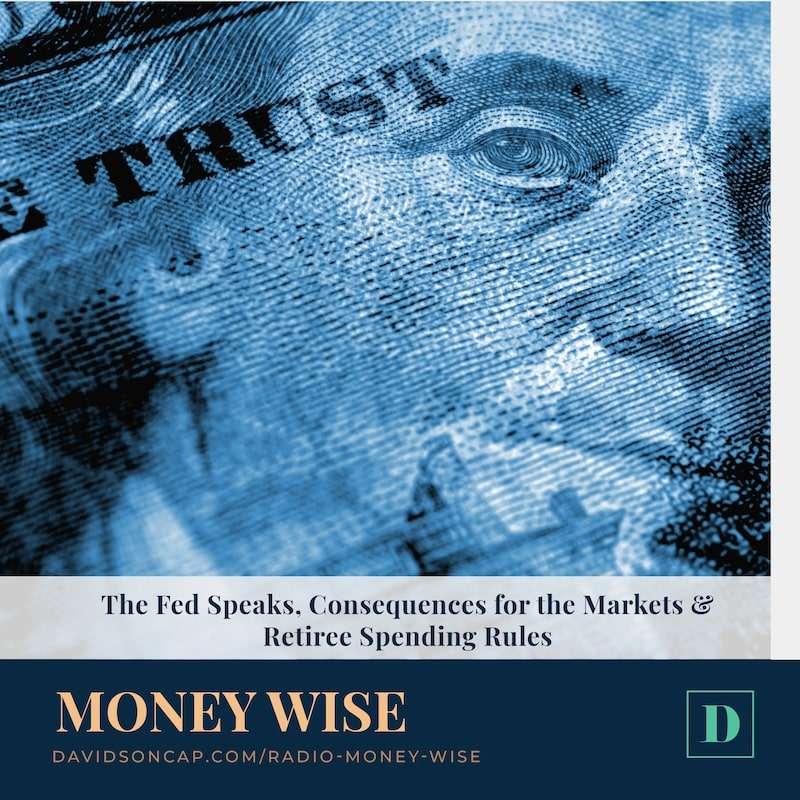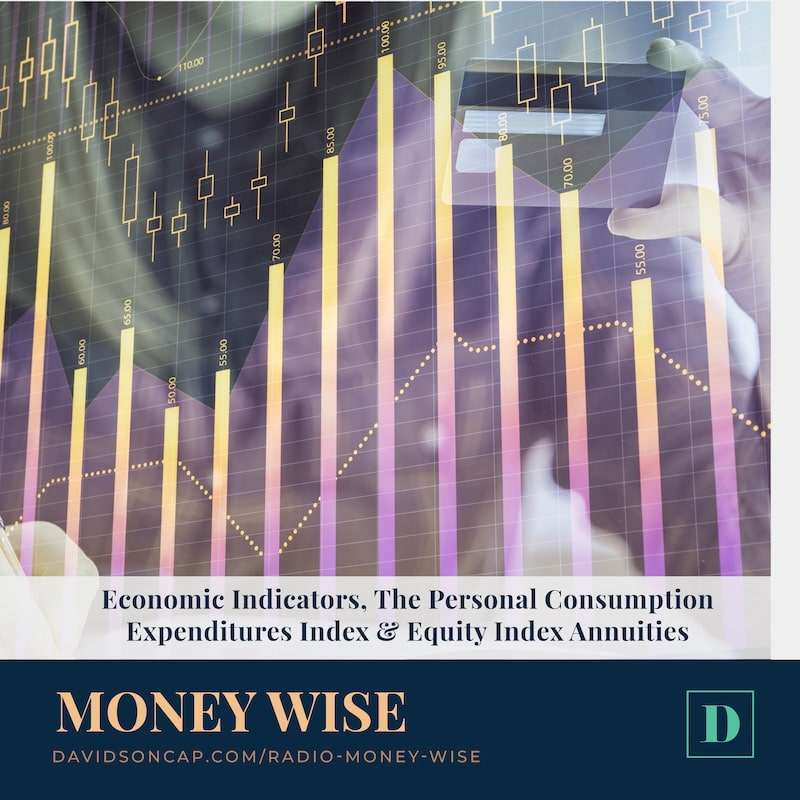In this week’s episode, the Money Wise guys discuss the recent downturns in major stock market indices, with the Dow Jones Industrial Average, S&P 500, and NASDAQ all experiencing declines. Despite these drops, the year-to-date figures remain slightly positive. The conversation then shifts to a technical analysis of the markets, noting that the S&P 500 was close to dropping below its fifty-day moving average but managed a slight recovery by the close of trading on Friday. The guys emphasize that trading volumes have been lower than average, suggesting a lack of strong buying or selling conviction, which they attribute to traders being in a holding pattern awaiting more data. A significant portion of the discussion focuses on the latest Consumer Price Index (CPI) numbers released on Wednesday, which showed inflation hotter than expected. This has stirred discussions among financial pundits about the possibility of further interest rate hikes rather than cuts. This shift in narrative reflects a cautious sentiment among portfolio managers about adjusting asset allocations in response to evolving economic indicators. The episode also touches on political influences on economic policies and market reactions, particularly criticisms of the Biden administration’s handling of various issues, including energy policies and their impact on inflation. The Money Wise guys criticize the administration’s decisions and speculate on the potential political motivations behind economic statements and policies, especially as they relate to interest rate decisions in an election year. They conclude with concerns about the Federal Reserve using outdated data to make policy decisions, which could impact the accuracy of their economic forecasting.
The Consumer Price Index (CPI)
The Consumer Price Index (CPI) is a measure that examines the weighted average of prices of a basket of consumer goods and services, such as transportation, food, and medical care. It is calculated by taking price changes for each item in the predetermined basket of goods and averaging them. Changes in the CPI are used to assess price changes associated with the cost of living. For investors, a CPI that is hotter than expected indicates higher inflation, which can erode purchasing power and reduce the real returns on investments. This can lead to higher interest rates as central banks may raise rates to curb inflation. Higher interest rates typically result in higher borrowing costs and can dampen economic growth, influencing stock markets negatively as companies face higher costs of financing and consumers reduce spending.
In the second hour today, the Money Wise guys discuss 5 Things Every Retirement Portfolio Should Have. You don’t want to miss the details! Tune in for the full discussion on your favorite podcast provider or at davidsoncap.com, where you can also learn more about the Money Wise guys or take advantage of a portfolio review and analysis with Davidson Capital Management.




